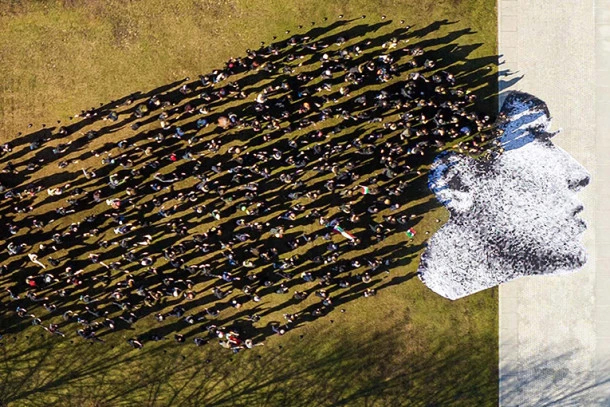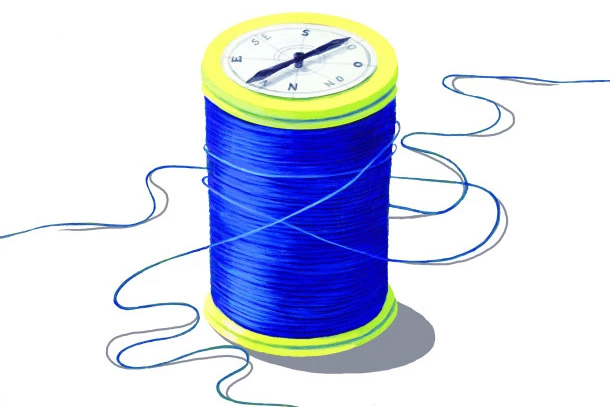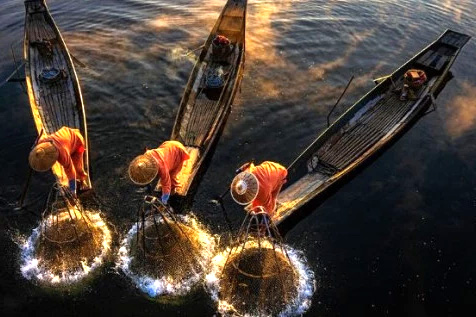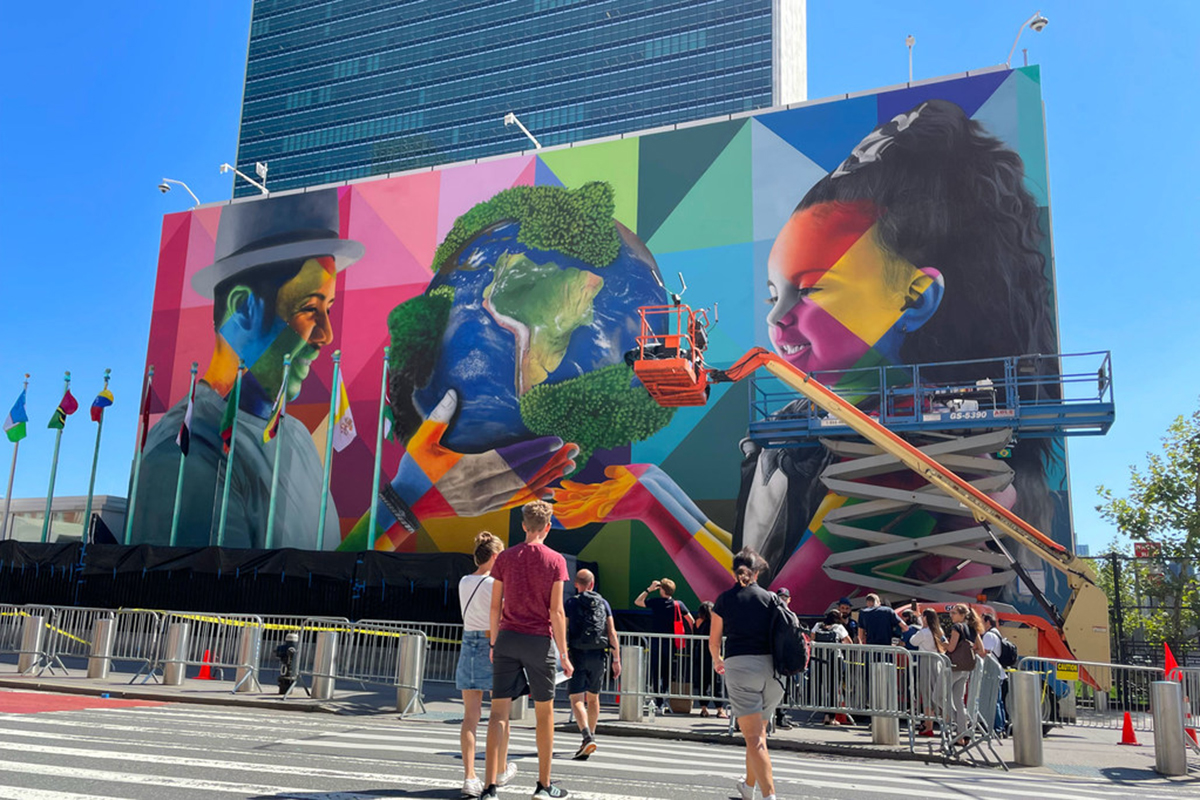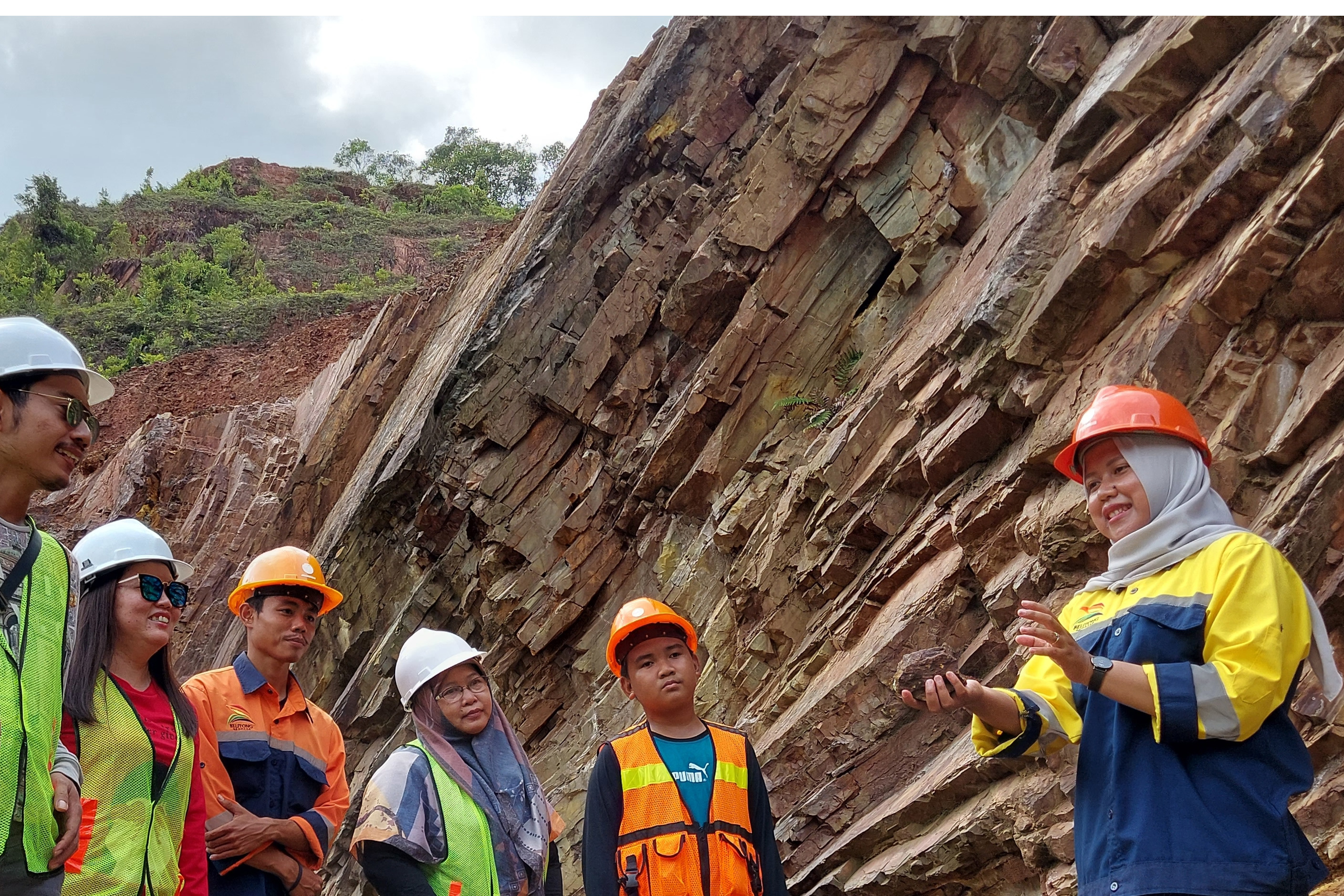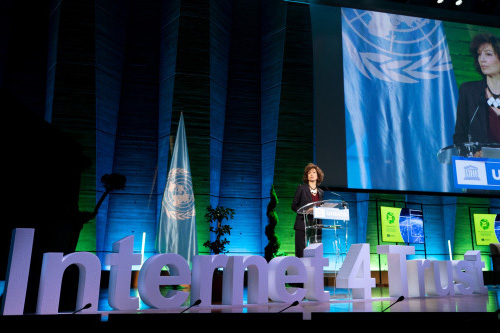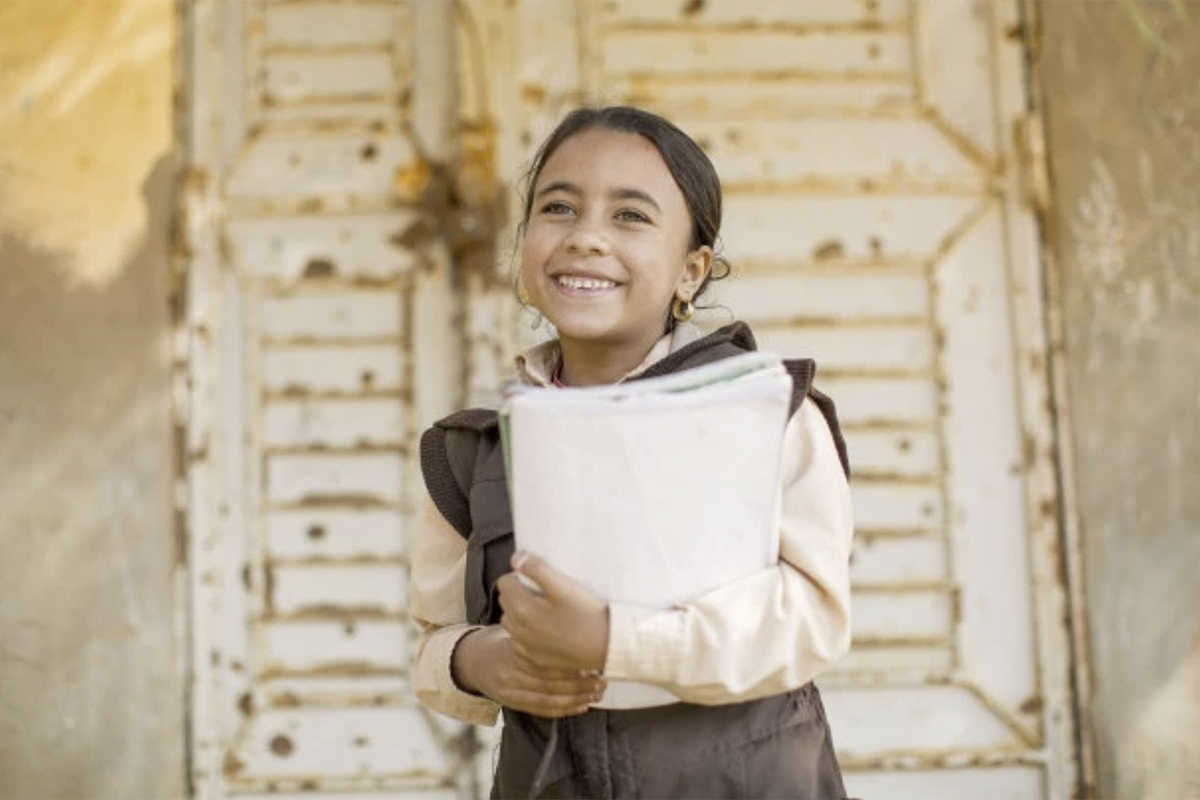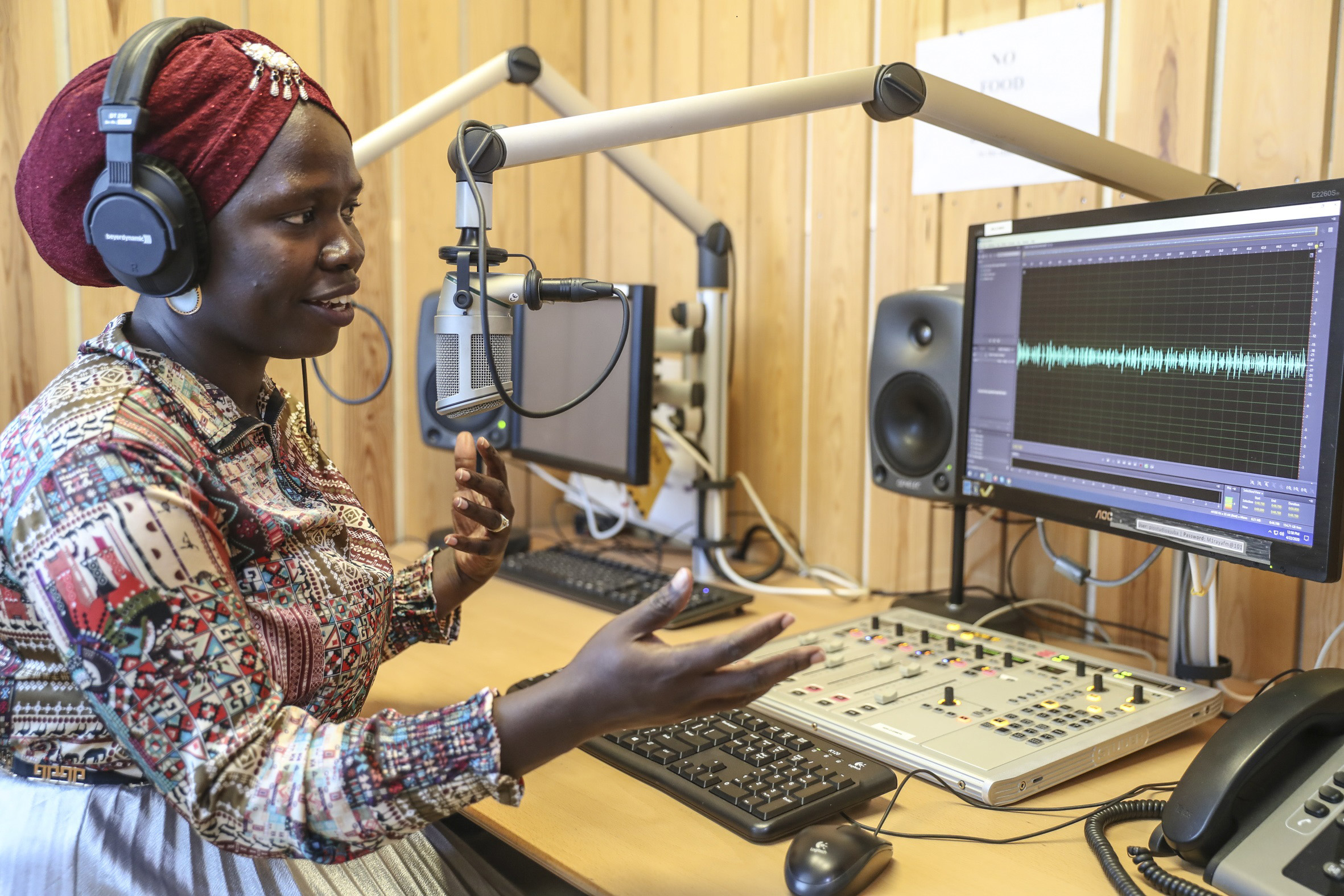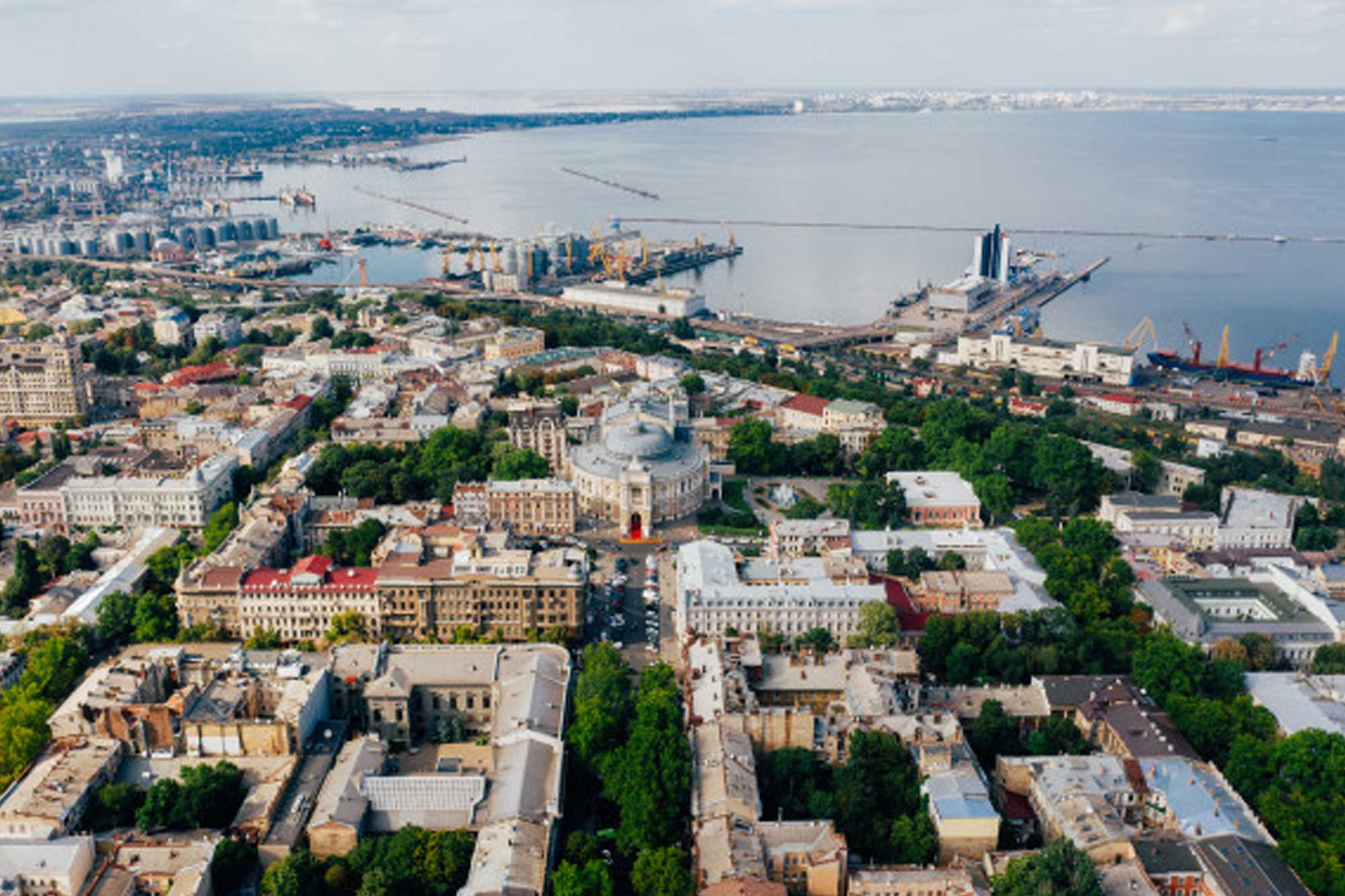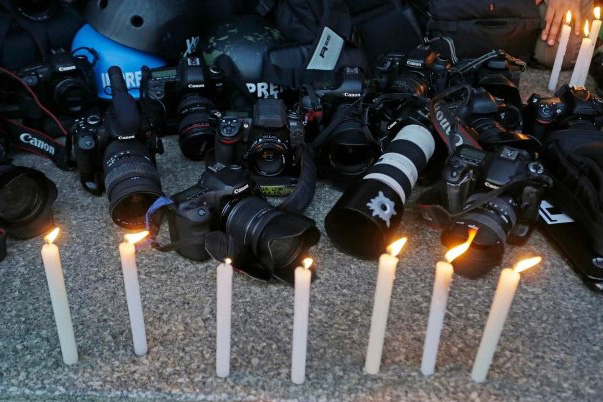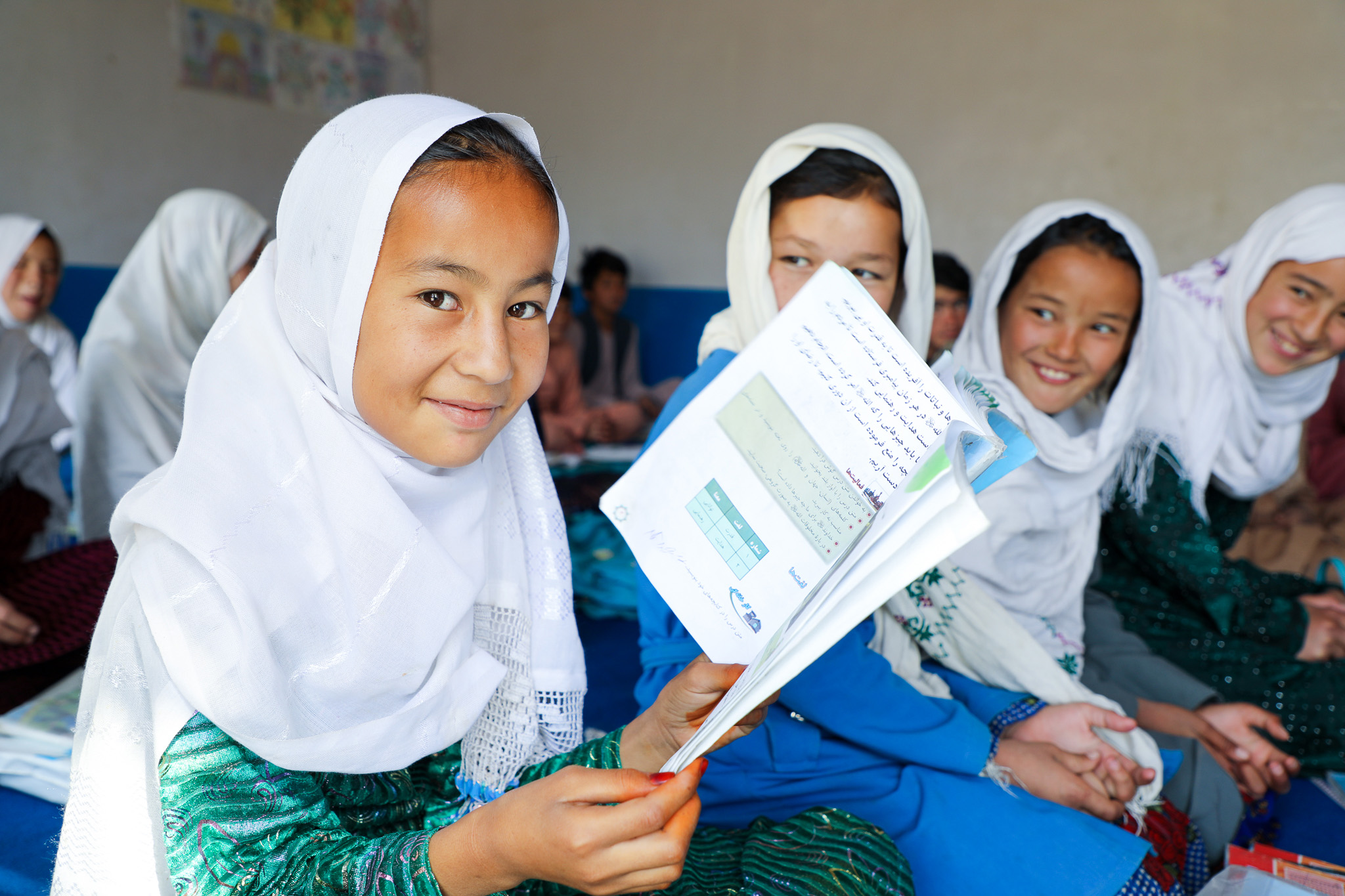As the great Nina Simone said, "Jazz is not just music, it is a way of life, it is a way of being, a way of thinking". UNESCO resented the flagship Jazz Day event, a spectacular All-Star Global Concert, will featuring an extraordinary selection of jazz performances from Austria to Zimbabwe, highlighting the power of jazz in bridging differences and promoting unity and peace through intercultural dialogue and collaboration.
UNESCO
A jazz journey around the world
The new UNESCO publication Defending Creative Voices recommends that the international community develop tailored assistance to protect and promote artistic freedom in emergency context.
UNESCO brings us the story of the silk roads dating back to the first exchanges between China and the Roman Empire - beyond commerce these routes enabled the spread of ideas, knowledge and religions.
UNESCO celebrates our shared heritage, because culture is a global public good.
The Silk Roads Programme, one of UNESCO’s flagship initiatives, has served for more than three decades as a valuable tool for understanding how cultures and societies interact and enrich each other.
Art nurtures creativity, innovation and cultural diversity and plays an important role in sharing knowledge and encouraging curiosity and dialogue. Therefore, UNESCO supports environments where artists and artistic freedom are promoted and protected. In this way, furthering the development of art also furthers our means to achieve a free and peaceful world. World Art Day (15 April) is a reminder that art can unite and connect us even in the most difficult of circumstances. Art continues to have the power to bring people together, to inspire, heal and share.
This is the story of a drop of groundwater that passes from hand to hand around the world, and the difficulties water is facing today.
UNESCO, through its flagship International Geoscience Programme (IGCP), run in partnership with the International Union of Geological Sciences (IUGS), has harnessed the intellectual capacity of a worldwide network of geoscientists to lay the foundation for our planet’s future, focusing on responsible and environmental resource extraction, natural hazard resilience and preparedness, and adaptability in an era of changing climate. In celebration of the 50th Anniversary of the IGCP, UNESCO and IUGS are holding a conference, ‘Healing the Earth: UNESCO and Earth sciences - past, present and future.’
UNESCO’s Internet For Trust Conference has brought together 4,300 participants to discuss regulatory solutions to the ongoing crisis of online information – the first ever such global conference. Speakers from UNESCO Director-General Audrey Azoulay, to the Brazilian President Luiz Inácio Lula da Silva and 2021 Nobel Peace Prize winner Maria Ressa underlined the urgent need for common global guidelines to improve the reliability of information while protecting human rights.
UNESCO presents the Meteora, a region of almost inaccessible sandstone peaks, monks settled on these 'columns of the sky' from the 11th century onwards. Twenty-four of these monasteries were built, despite incredible difficulties, at the time of the great revival of the eremetic ideal in the 15th century.
Radio is an important player in the maintenance and transition to peace. Professional radio addresses both the root causes and triggers of conflict before they potentially explode into violence. On World Radio Day 2023, UNESCO highlights independent radio as a pillar for conflict prevention and peacebuilding. In informing the public, radio stations shape public opinion and frame a narrative that can influence domestic and international situations, and decision-making processes. Increasing radio's journalistic standards and capacity should be considered as an investment in peace.
The World Heritage Committee inscribed the Historic Centre of Odesa (Ukraine) on UNESCO's World Heritage List, recognizing its outstanding universal value and the duty of humanity to protect it.
The spike in killings in 2022 marks a dramatic reversal of the positive trend seen in recent years: from 99 killings in 2018, the number had dropped to an average of 58 killings per year from 2019-2021, according to the UNESCO Observatory of Killed Journalists. Around half of the journalists killed were off duty at the time they were targeted. These numbers are a reminder of the growing fissures in rule of law systems worldwide and highlight states’ failure to fulfil their obligations to protect journalists and prevent and prosecute crimes against them.
Education is a human right, a public good and a public responsibility. Without inclusive and equitable quality education and lifelong opportunities for all, countries will not succeed in achieving the SDGs, including gender equality or breaking the cycle of poverty that is leaving millions of children, youth and adults behind. It's time to transform education. UNESCO is dedicating year’s International Day of Education to girls and women in Afghanistan who have been deprived of their right to education. It is calling for the immediate lifting of the ban restricting their access to education.

